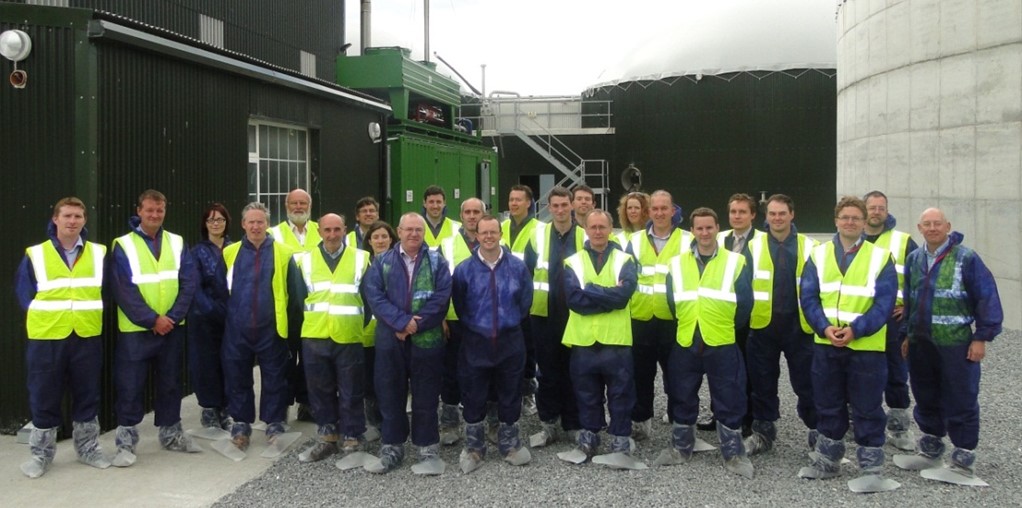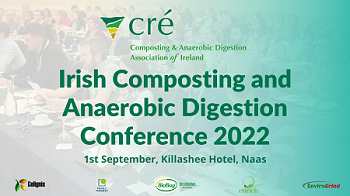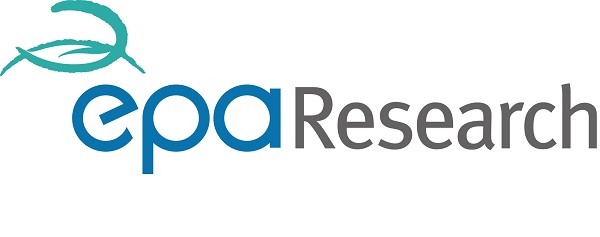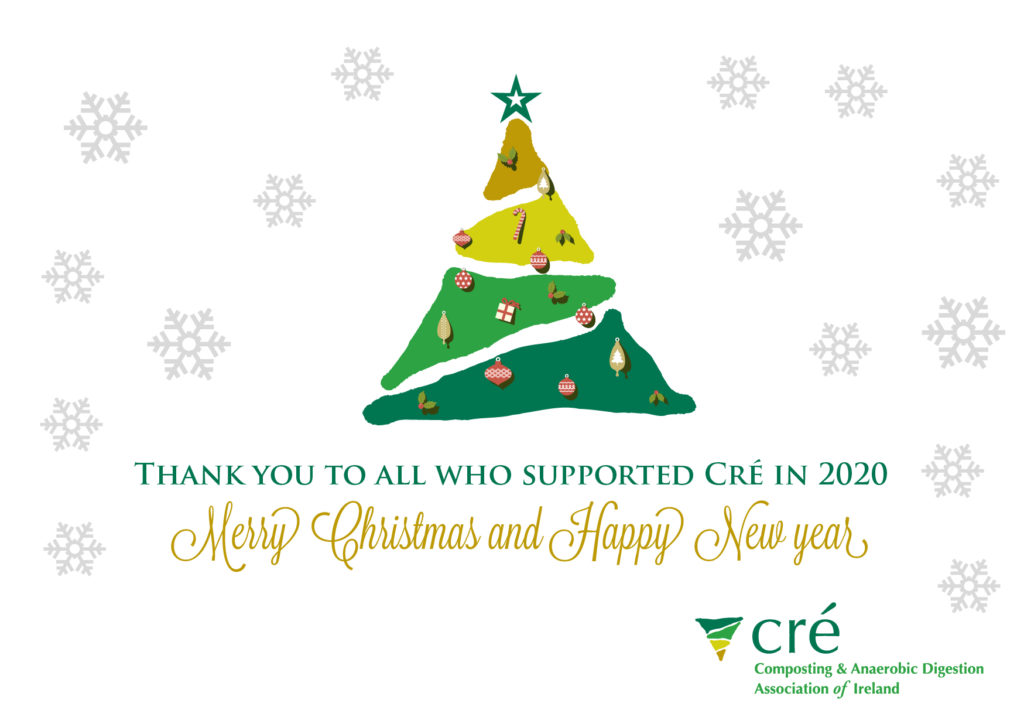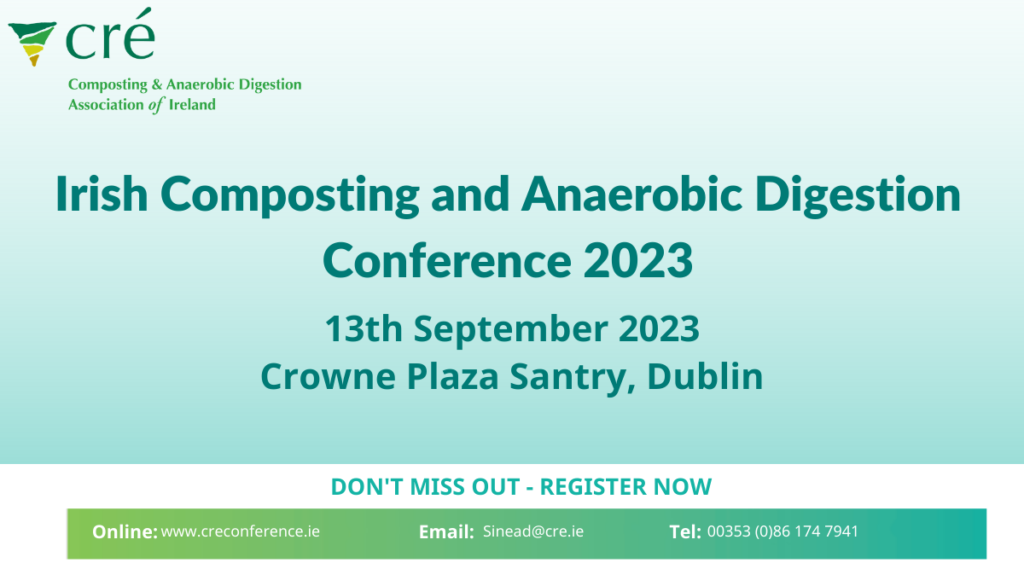
The Annual Cré Conference
Organic Recycling Harnesses Nature’s Carbon Sink
Wednesday 13th September Crowne Plaza, Santry, Dublin
Keynote speaker: Eamon Ryan, Minister for Environment, Climate and Communications, Minister for Transport.
For a full list of speakers and topics please visit www.creconference.ie
This is the conference that anyone involved in the waste, composting and anaerobic digestion sectors should not miss.
